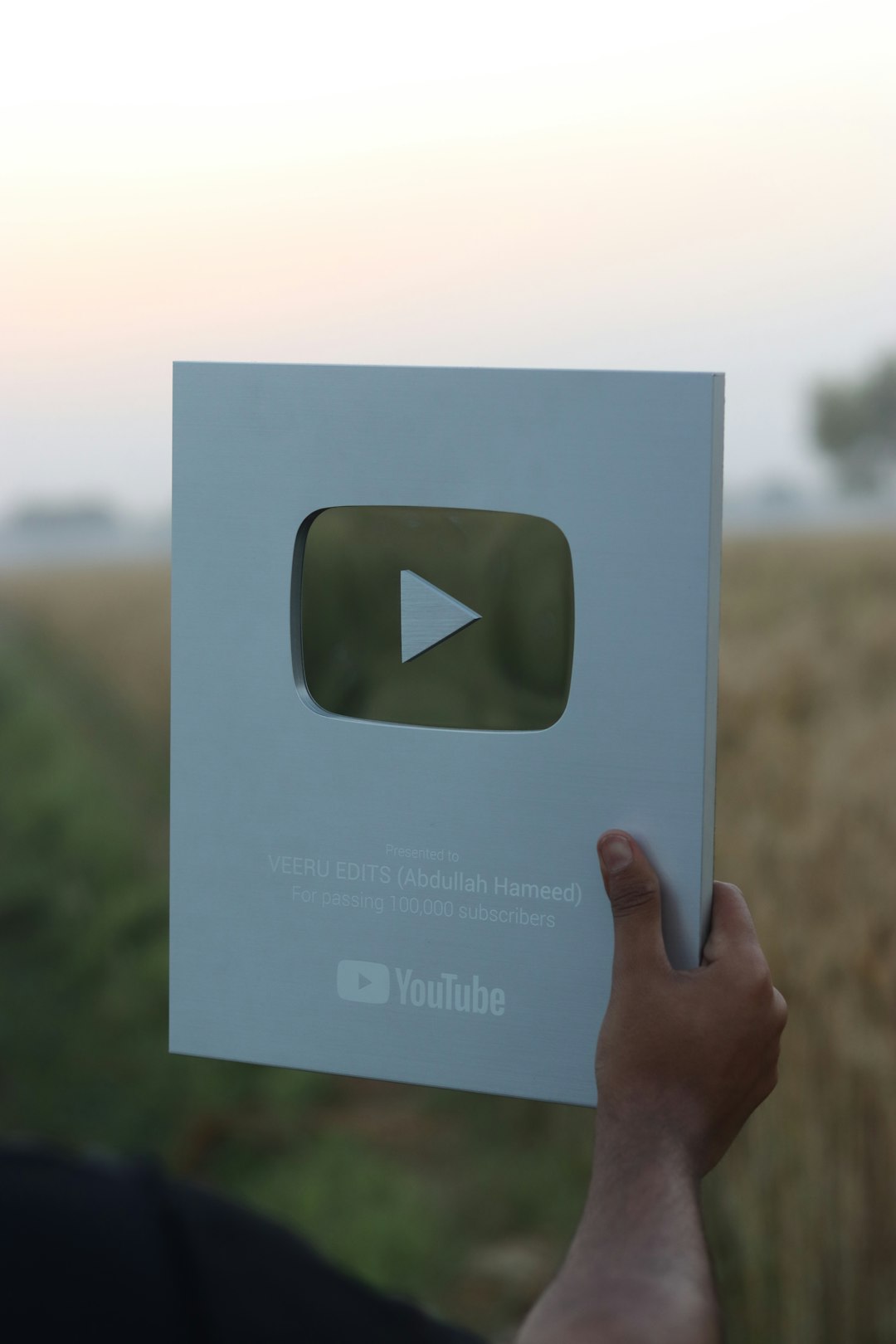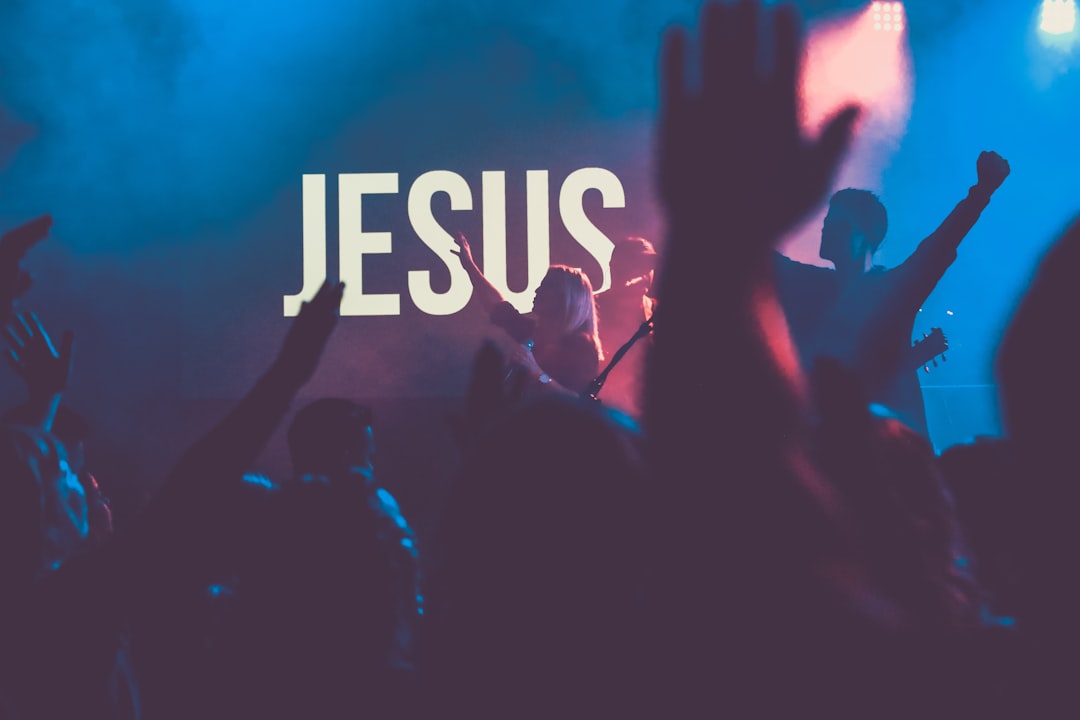Table of Contents
- Introduction
- Historical context of David’s Psalm of Thanksgiving
- Themes of gratitude and praise in 1 Chronicles 16:8-36
- Expressions of worship and their significance
- Connections to other biblical psalms of thanksgiving
- The role of music and singing in worship practices
- David’s leadership and its influence on the nation of Israel
- Contemporary examples of thankfulness in faith communities
- Theological implications of acknowledging God’s faithfulness
- Conclusion
- Frequently Asked Questions
Introduction
In a world often marred by chaos and uncertainty, the profound act of giving thanks can spark a radical transformation of the heart. David’s Psalm of Thanksgiving, found in 1 Chronicles 16:8-36, serves as a magnificent ode to gratitude that resonates across centuries.
“Give thanks to the Lord; call on His name; make His deeds known among the peoples. Sing to Him, sing praise to Him; tell about all His wonders” (1 Chronicles 16:8-9 CSB).
This powerful declaration invites us to reflect not only on our blessings but also on the very nature of gratitude itself. By delving into David’s rich expressions of thankfulness, we uncover layers of understanding that can deepen our spiritual journey. What drove this king to compose such a heartfelt hymn? How can we apply these timeless truths in our own lives?
Prepare to embark on a journey of discovery that will illuminate the beauty of gratitude, challenge our perspectives, and awaken our hearts to the joy that comes from recognizing and celebrating the wonders all around us.
Historical context of David’s Psalm of Thanksgiving
The historical context of David’s Psalm of Thanksgiving, found in 1 Chronicles 16:8-36, is deeply rooted in the life and reign of King David. Following the successful return of the Ark of the Covenant to Jerusalem, David celebrated this monumental event with a psalm of gratitude. The Ark was considered the symbol of God’s presence among His people, and its retrieval signified not only a physical restoration but also a spiritual revival for Israel.
During this period, David was establishing Jerusalem as the political and religious center of Israel. The psalm reflects his recognition of God’s sovereignty and faithfulness in guiding the Israelites through their tumultuous history. It serves as an acknowledgment of God’s past deeds, including His covenant with the patriarchs and His deliverance of Israel from Egypt. By incorporating themes of worship and thanksgiving, David’s psalm invites the people to not only celebrate their current blessings but also to remember their heritage, fostering unity among the tribes of Israel in their devotion to God.
Themes of gratitude and praise in 1 Chronicles 16:8-36
In 1 Chronicles 16:8-36, the themes of gratitude and praise resonate powerfully through David’s Psalm of Thanksgiving. This passage opens with a call to give thanks to the Lord, emphasizing the importance of expressing gratitude for His unwavering goodness.
David encourages the people to make known His deeds among the nations, highlighting the significance of sharing God’s wondrous acts. The Psalmist reflects on the covenant between God and Israel, celebrating His faithfulness and the fulfilment of promises made.
Another notable theme is the acknowledgment of God’s sovereignty over creation. David invites all of nature—heavens, earth, and the sea—to join in this act of worship. This call to praise elevates the sentiment of gratitude, as everything in existence is seen as a testament to God’s greatness.
Lastly, the passage concludes with a declaration of joy, as David rejoices in the Lord’s presence among His people. This highlights how genuine gratitude fosters a spirit of joy, which resonates through the community of believers.
Expressions of worship and their significance
In 1 Chronicles 16:8-36, David’s Psalm of Thanksgiving exemplifies various expressions of worship that highlight the significance of acknowledging God’s greatness. These expressions include singing, proclaiming, and publicly declaring the majesty of God. Worship, as depicted in this psalm, serves not only as a form of reverence but also as a communal activity that brings people together to celebrate divine blessings.
Expressions of worship convey emotional and spiritual connections that deepen one’s faith and commitment. They allow individuals and communities to reflect on their relationship with God, cultivating gratitude and reverence. By recounting God’s past deeds, as seen in David’s psalm, worshippers foster a sense of identity and continuity, linking their present experiences to a shared spiritual heritage.
Moreover, these acts of worship create an atmosphere of joy and celebration, encouraging participants to engage actively in their faith. The communal aspect of worship strengthens bonds among believers, promoting unity and support within the faith community.
Connections to other biblical psalms of thanksgiving
1 Chronicles 16:8-36 is a significant expression of gratitude and worship that resonates with several other biblical psalms of thanksgiving. This passage, attributed to King David, encapsulates themes of praise, recognition of God’s greatness, and the importance of celebrating His works.
Similar sentiments can be found in Psalms such as Psalm 100, which invites all the earth to make a joyful noise to the Lord, emphasizing worship and gratitude.
Furthermore, Psalm 107 shares a parallel in recognizing God’s steadfast love and faithfulness, recounting His deliverance in times of distress.
The structure of David’s psalm in Chronicles mirrors the call to thankfulness found in Psalm 136, where each verse praises the enduring nature of God’s mercy.
These connections illustrate a consistent biblical emphasis on thanksgiving as a vital aspect of worship, encouraging believers to reflect on God’s goodness throughout their lives.
By examining these connections, readers can appreciate the depth and continuity of thankfulness in the biblical narrative, enhancing their understanding of worship as a response to divine grace.
The role of music and singing in worship practices
Music and singing hold a vital role in worship practices across many faiths, serving as powerful expressions of devotion and community. In 1 Chronicles 16:8-36, David’s Psalm of Thanksgiving exemplifies how music can articulate the themes of gratitude and reverence towards God.
Through melodies and lyrics, worshippers are often able to convey emotions that words alone may fail to express. The act of singing together fosters a sense of unity among congregants and strengthens their communal bonds. Moreover, music has the capacity to inspire and uplift the spirit, allowing individuals to feel a deeper connection to their faith and to one another.
Additionally, musical worship can enhance the overall worship experience by engaging multiple senses, making spiritual teachings more memorable. Churches and religious gatherings often incorporate various musical styles, from traditional hymns to contemporary worship songs, reflecting the diversity of the congregation and the richness of spiritual expression. The integration of music in worship not only honors sacred texts but also invites the presence of the divine into the worship space.
David’s leadership and its influence on the nation of Israel
David’s leadership had a profound influence on the nation of Israel, shaping its identity and governance during a time of transition. As a shepherd turned king, David exemplified qualities such as humility, courage, and faithfulness, which resonated deeply with the people he led. His military successes unified the tribes of Israel and established a strong central authority, enabling the nation to defend itself against external threats and internal strife.
Moreover, David’s leadership was characterized by his deep commitment to God and the covenant relationship between God and His people. His Psalms reflect a personal faith that inspired the Israelites to worship and depend on God, fostering a collective spiritual identity.
Through acts of thanksgiving, like the one described in 1 Chronicles 16:8-36, David encouraged the nation to remember their history and acknowledge God’s blessings. This not only strengthened national unity but also instilled a sense of purpose and hope among the people.
David’s influence extended beyond his reign, as his legacy continued to shape the religious and political landscape of Israel for generations to come.
Contemporary examples of thankfulness in faith communities
Contemporary faith communities often express thankfulness in a variety of impactful ways. Many churches begin their services with a moment of gratitude, inviting congregants to reflect on their blessings and share testimonies. This sharing fosters a sense of community and collective appreciation for God’s provision.
Additionally, faith groups frequently organize events such as Thanksgiving meals or harvest festivals, emphasizing the importance of giving thanks through communal acts of sharing food and fellowship. These gatherings not only celebrate blessings but also allow members to support those in need within their communities.
Moreover, social media has become a prominent platform for communities to express thankfulness publicly. Faith leaders and congregants often share messages of gratitude, inspirational quotes, and personal stories that highlight acts of kindness and grace experienced in their lives.
Finally, prayer remains a foundational practice through which thanks are offered. Many faith traditions incorporate prayers of thanksgiving into their rituals, acknowledging both personal and communal blessings. These contemporary expressions of thankfulness create a rich tapestry of gratitude within faith communities.
Theological implications of acknowledging God’s faithfulness
Acknowledging God’s faithfulness carries profound theological implications that shape the understanding of a believer’s relationship with the divine. It reflects an awareness of God’s consistent character and unwavering presence throughout history. This acknowledgment cultivates trust and dependence on God, reinforcing the belief that He is not only a historical figure but an active participant in the lives of His people.
Moreover, recognizing God’s faithfulness invites a response of gratitude and worship. As seen in David’s Psalm of Thanksgiving in 1 Chronicles 16:8-36, declaring God’s mighty deeds serves to inspire communal remembrance and celebration among the faithful.
This practice lays the foundation for a communal identity rooted in shared experiences of divine providence. It also emphasizes the importance of narrative in theology, as recounting God’s faithfulness strengthens faith and encourages perseverance during difficult times. Ultimately, acknowledging God’s faithfulness fosters hope, as believers are reminded of His promises and their fulfillment, encouraging a deepened relationship with the Creator.
Conclusion
As we reflect on David’s Psalm of Thanksgiving in 1 Chronicles 16:8-36, we are reminded of the profound joy that comes from a heart overflowing with gratitude. In celebrating God’s faithfulness and goodness, we recognize that we are never alone; Christ is always present with us, offering not just hope but a Savior who reaches out with open arms. This passage invites us to pause and consider, ‘What is God saying to you?’ It challenges us to respond with our own acts of gratitude and worship.
As we engage with these themes of thanksgiving, let us internalize the lessons of devotion and unity that David exemplified. Our expressions of worship are not just individual gestures but communal celebrations of our shared faith. Ultimately, this psalm encourages us to reflect on our relationship with God and to take actionable steps in gratitude. So, ask yourself, ‘What are you going to do about it?’ Let your heart lead you to a deeper commitment to acknowledging and sharing the goodness of God in your life and community.















